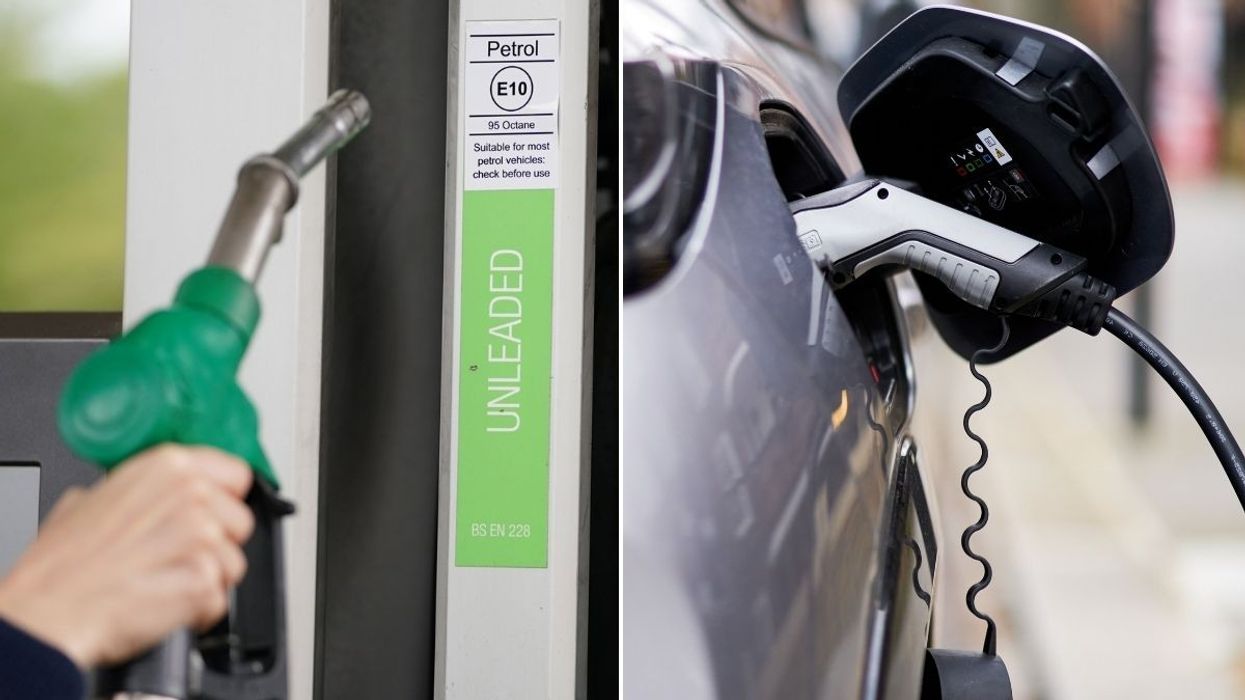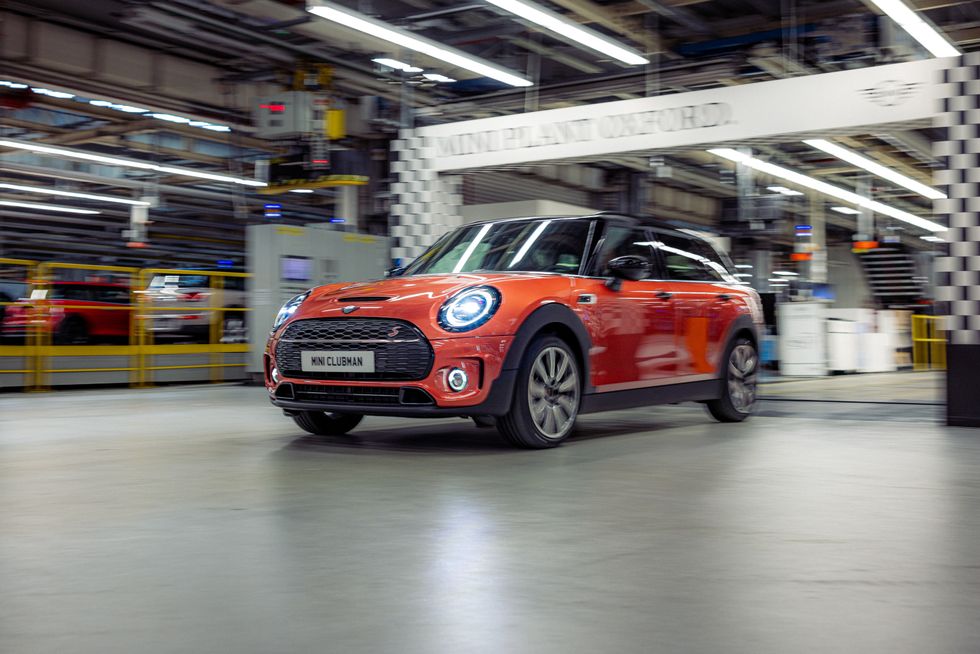Electric vehicles 'won't outnumber petrol cars until 2039' as drivers slowly ditch fossil fuels

Electric cars are becoming more popular among drivers looking to ditch petrol and diesel
|PA

'Assuming a similar growth rate of 18 per cent annually, EVs could make up more than half of new car sales by 2030'
Don't Miss
Most Read
A leading motoring expert has predicted that electric vehicles will not outnumber petrol cars until 2039 as new data finds that the EV switch is accelerating rapidly in other countries.
According to the latest research from the Norwegian Road Federation, 754,303 private cars are now all-electric, compared with 753,905 that are powered by petrol.
It comes as Norway attempts to become the first nation to end the sale of new petrol and diesel cars by 2025, around 10 years ahead of most other European countries.
While diesel is still the most popular fuel type of vehicle on Norwegian roads, around nine in 10 new cars sold in the Scandinavian country are electric.
Do you have a story you'd like to share? Get in touch by emailing motoring@gbnews.uk

One expert has predicted that electric vehicles will only outnumber petrol cars in 2039
|MINI
Aidan Rusby, CEO at Carmoola, said the growth of electric vehicles in the UK was positive, given that 17.2 per cent of newly registered cars sold in 2024 are fully electric.
He noted how the trend is expected to continue over the next decade, driven mainly by the Government's decision to ban the sale of new petrol and diesel vehicles currently set for 2035.
In its election manifesto, Labour promised to reinstate the original 2030 deadline to ban internal combustion engine vehicles to give manufacturers assurances.
While a Government spokesperson told GB News that an announcement would be made "in due course", there are concerns that this will not include plug-in hybrid vehicles.
This has been criticised by some experts for not committing fully to zero emission vehicles, although others have said it will give automakers the chance to manage the transition.
Rushby added: "Assuming a similar growth rate of 18 per cent annually, EVs could make up more than half of new car sales by 2030.
“With petrol cars dominating the existing vehicle stock, I’ll go out on a limb and say that it will be 2039, so fifteen years from now, until EVs outnumber petrol cars on the road.
"That’s factoring in the gradual phasing out of petrol-driven vehicles and increased EV adoption.”
Motorists in Norway benefit from generous tax breaks from the Government to help boost the supply of EVs on roads and transition away from polluting petrol and diesel vehicles.
The country also has a sovereign wealth fund worth 17,745 billion kroner (£1.27trillion) which has been built up from the proceeds of its oilfields, according to Norges Bank Investment Management.
Other measures are in place to protect electric car owners and those interested in switching to a zero emission vehicle.
This includes paying a maximum of 50 per cent for ferry fares, a cap of 70 per cent of the price for fossil fuel cars on toll roads and VAT exemptions.
LATEST DEVELOPMENTS:

Norway is aiming to phase out the sale of petrol and diesel vehicles by next year
| PAThere are also "charging rights" for electric vehicle owners living in apartment buildings, as backed by Government legislation.
Visit Norway states that there are more than 3,000 public charging stations, with 7,753 fast chargers across the country.










